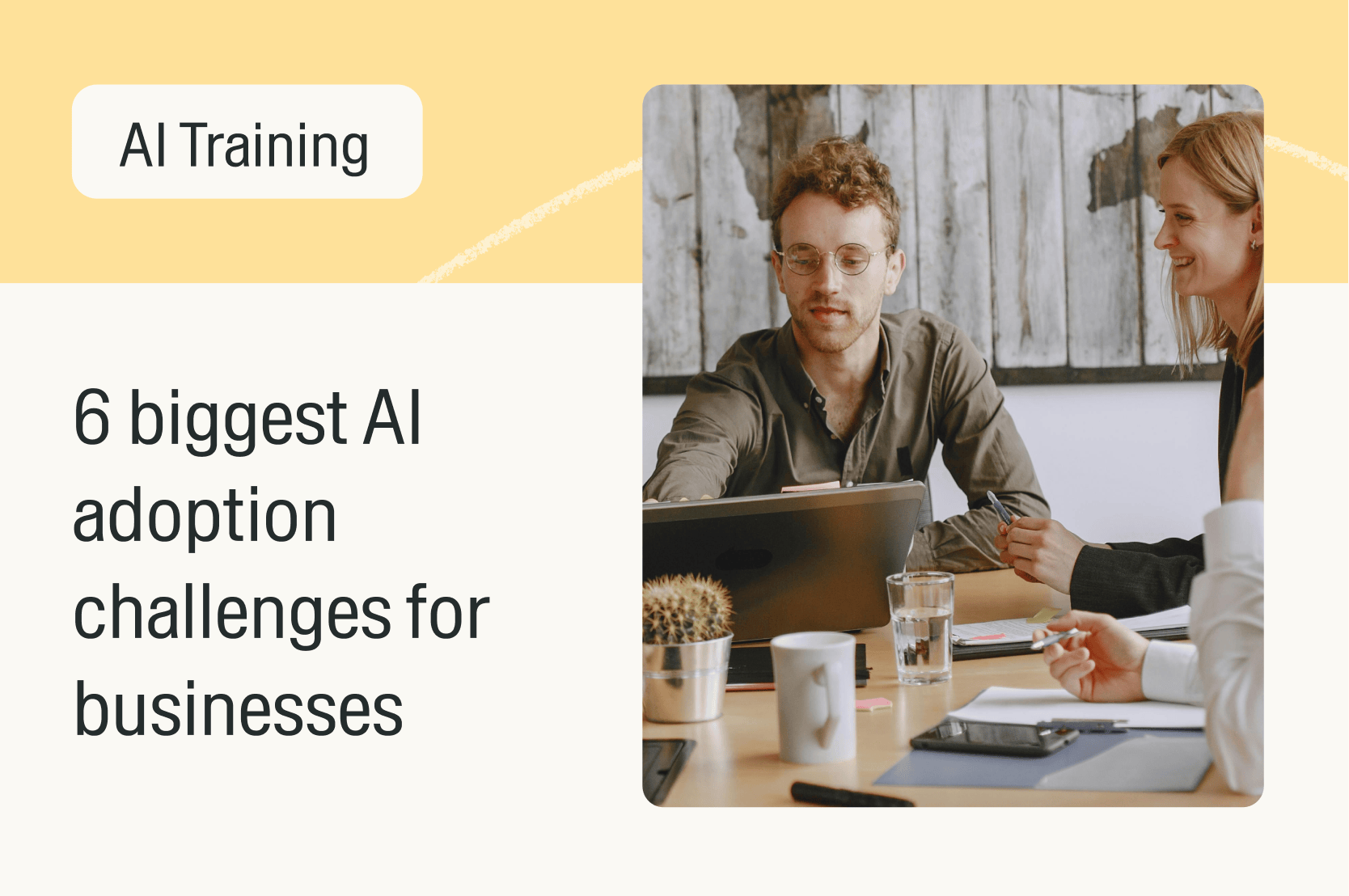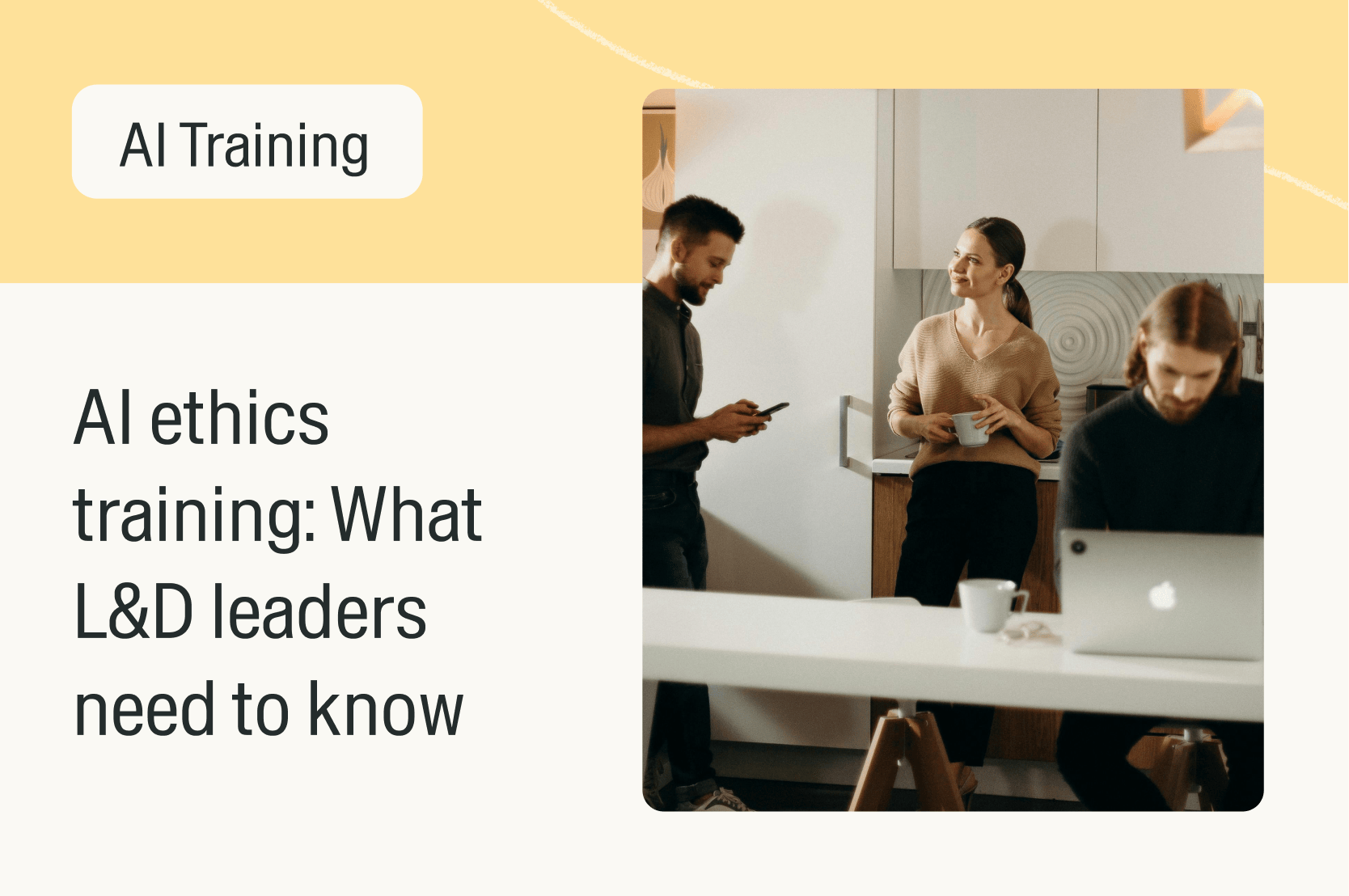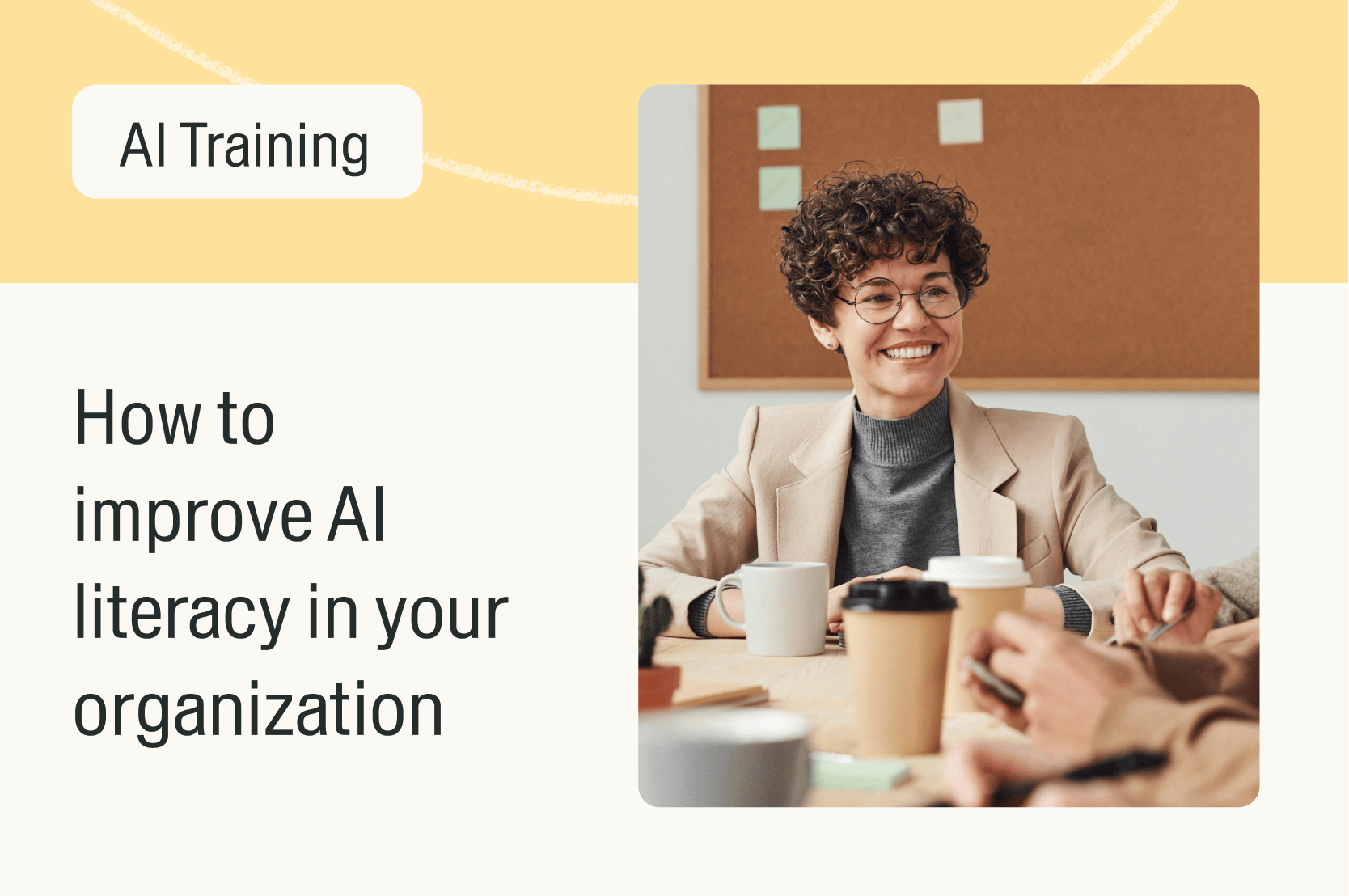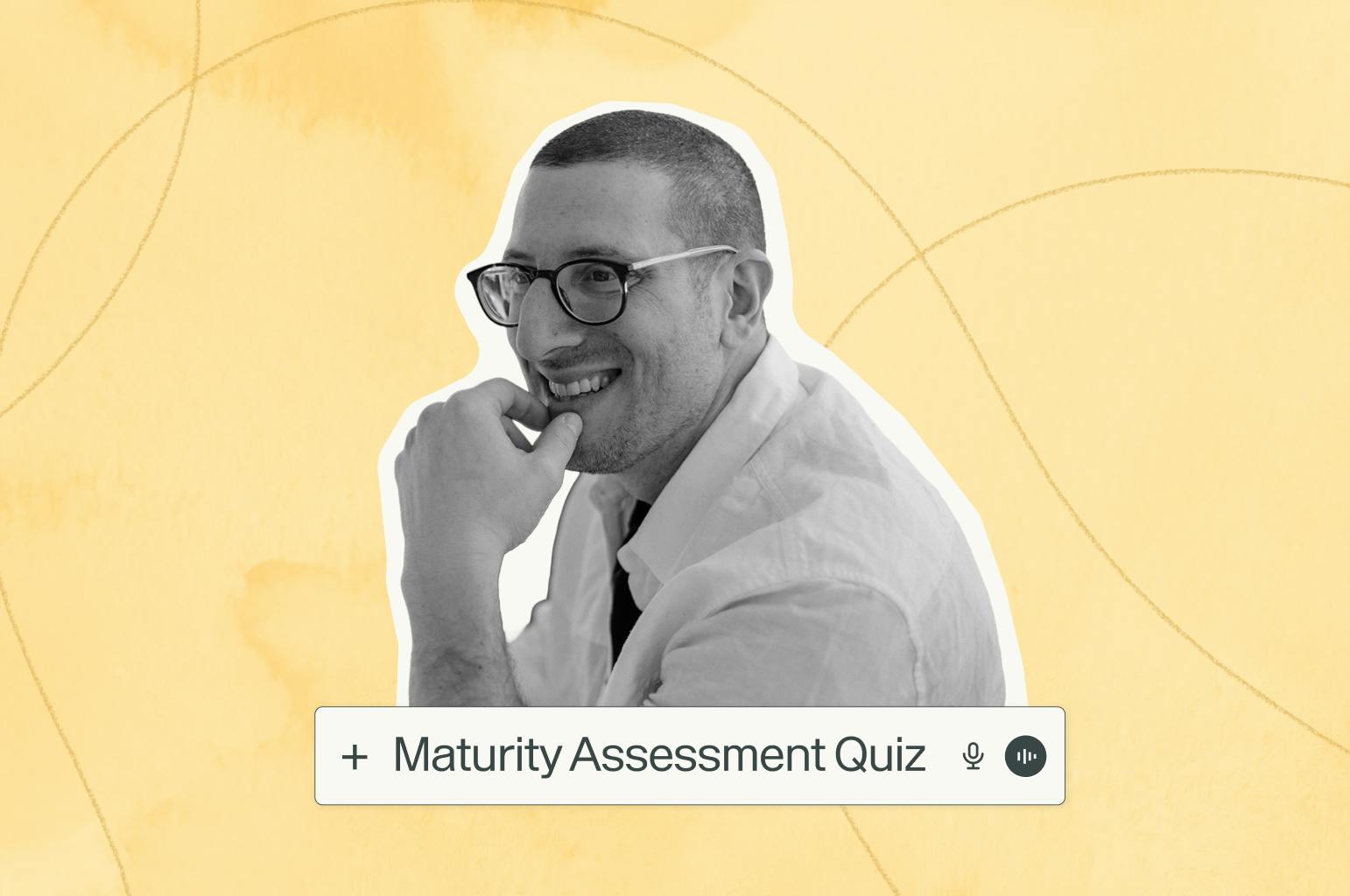The difference between knowledge and skills

Knowledge and skills shape everything we do—from writing an email to solving complex problems at work. While they go hand in hand, they are distinct concepts that play different roles in professional success.
As the global skills gap widens and knowledge becomes more specialized and in-demand, keeping both knowledge and skills up to date is critical. Understanding the difference between the two is the first step in bridging the skills gap and ensuring career and business growth.
Knowledge vs. skills: what’s the difference?
While often used interchangeably, knowledge and skills have different meanings:
- Knowledge refers to information acquired through education, experience, or training. It includes facts, theories, and concepts.
- Skills refer to the ability to apply knowledge in practical situations. They are developed through practice and real-world application.
For example, a teacher may have deep subject knowledge but must also develop skills in engaging students and managing a classroom. Similarly, a salesperson may have learned about sales techniques in a course, but their success depends on their ability to build relationships and communicate effectively.
Or, in other words, knowledge is theoretical, whereas skills are practical.
The growing skills gap
As industries evolve, many organizations struggle with a widening skills gap—the difference between what employees can do and what employers need them to do.
Key insights on the skills gap:
- 90% of executives say their organizations face skill gaps or expect them to emerge in the next five years.
- 51% of workers feel their job skills will change in five years.
- 70% of leaders say there’s a skill gap in their organization.
- 62% of L&D leaders mention closing the skills gap as their top concern.
One contributing factor is an overemphasis on academic knowledge without sufficient opportunities to build hands-on skills. Universities provide valuable knowledge, but graduates often enter the workforce without practical experience, making it harder to transition smoothly into their roles.
Knowledge alone isn’t enough—practical application is what sets top performers apart.
How organizations can develop employee skills
Companies play a crucial role in bridging the knowledge-to-skills gap by providing opportunities for employees to apply what they’ve learned.
Strategies to build workplace skills:
- Encourage team collaboration: Team-building exercises help employees develop communication, problem-solving, and leadership skills.
- Invest in digital learning: eLearning courses provide flexible, engaging ways for employees to build skills in real time.
- Provide regular feedback: Ongoing feedback helps employees track progress, refine skills, and stay motivated.
- Prioritize L&D investment: Companies with strong learning cultures outperform competitors. Research shows that 52% of employees value a workplace that prioritizes learning over workplace perks.
How employees can develop their own skills
While organizations should invest in employee growth, individuals must also take ownership of their own skill development.
Practical ways to build your skills:
- Public speaking: Strengthen presentation skills by practicing with tools like PowerPoint or Keynote.
- Empathy and communication: Improve listening skills and emotional intelligence to enhance teamwork and leadership. If you’re a Go1 customer, try exploring our content on ‘developing empathy and communication at work’.
- Proactive decision-making: Develop confidence in taking initiative and problem-solving independently.
- Technical skills: Focus on high-demand skills like Microsoft Office, collaboration tools, and creative software.
Investing in skill development can significantly improve career prospects, making employees more adaptable and ready to face challenges along their way.
Close the skills gap with Go1
Knowledge alone isn’t enough—practical application is what sets top performers apart. With the right training, employees can build both knowledge and skills to thrive in their roles.
Go1 offers expert-led courses to help teams upskill in:
- Identifying skill gaps
- Developing in-demand workplace skills
- Building confidence through hands-on learning
Ready to bridge the gap?
Related Articles

The 6 biggest AI adoption challenges for businesses in 2026 (and how to overcome them)

AI ethics training in 2026: What L&D leaders need to know

How to improve AI literacy in your organization in 2026

Application Guide: How to use the Go1 AI for L&D Maturity Assessment to assess our workforce AI capability

Train smarter, spend less
Train smarter,spend less
Connect with a Go1 expert to explore the best training options for your organization—no pressure, just solutions that work.